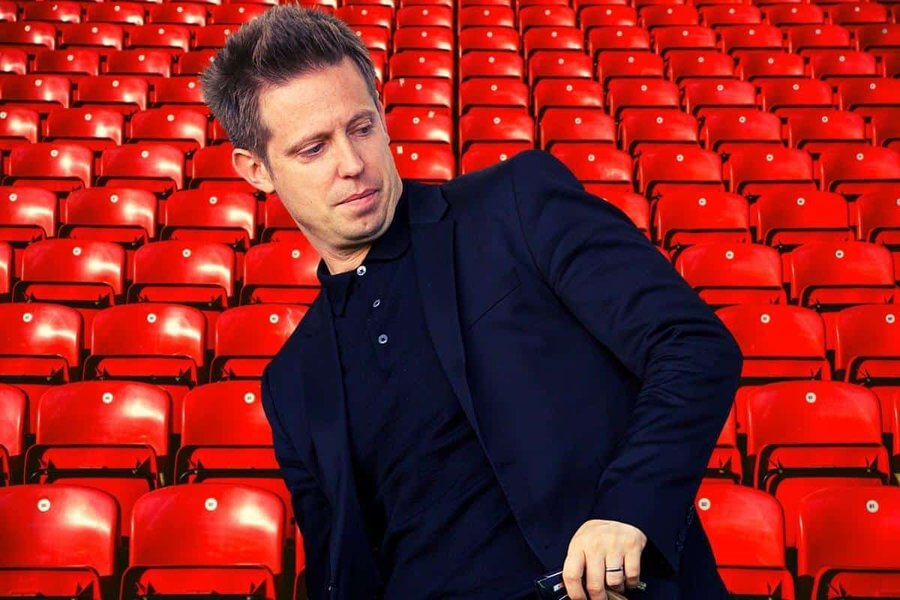The Return of Michael Edwards to Fenway Sports Group: A Catalyst for Change?
I just wonder you know. In the evolving landscape of football management and club ownership, the return of Michael Edwards to Fenway Sports Group (FSG) has ignited discussions and speculation about the future direction of Liverpool FC and potentially broader strategies that FSG might adopt.
Despite Liverpool CEO Billy Hogan’s comments in August 2023 emphasising the club’s focus solely on the Reds and playing down multi-club ownership models, Edwards’ reappointment could herald a shift in strategy, or at the very least, a reassessment of FSG’s long-term goals.
Michael Edwards’ Strategic Return
Michael Edwards, known for his critical role in crafting the squad that brought Liverpool FC back to the pinnacle of European and domestic football, has rejoined FSG in a senior capacity. After stepping down in 2022, his return is not just a homecoming but a strategic move by FSG. Edwards will not reclaim his position as Sporting Director but will instead oversee football operations, a role that places him at the heart of the club’s future strategic decisions.

FSG’s Current Stance on Multi-Club Ownership
During the SportsPro Media APAC conference in Singapore, Billy Hogan outlined FSG’s stance on multi-club ownership. Hogan stressed that FSG’s current focus remains solely on Liverpool, acknowledging that while multi-club ownership models work for some teams, it is not a one-size-fits-all strategy. “For certain clubs, [multi-club ownership] makes sense,” Hogan said, indicating a nuanced understanding of the model’s benefits and limitations. However, he also hinted at an ongoing evaluation, suggesting that FSG’s views could evolve: “So clearly over the course of the next couple of years we’ll probably see some changes and some updates in that.”
Edwards’ Influence and the Multi-Club Model
With Edwards back at the helm of football operations, it’s reasonable to speculate about the strategic directions he might advocate. His proven track record in recruitment and squad building could be invaluable not just for Liverpool but potentially for other clubs under FSG’s umbrella, should the group decide to expand its portfolio. Edwards’ approach to analytics and market savvy could be a game-changer in implementing a successful multi-club strategy, leveraging synergies between clubs to mutual benefit. His old mate Ian Graham could become prominent too.
Reassessing FSG’s Long-term Strategy
Despite Hogan’s statements downplaying the immediate likelihood of FSG adopting a multi-club ownership model, Edwards’ return could prompt a strategic reassessment. His expertise and vision for football operations make him an influential figure whose insights could lead FSG to explore new opportunities, including expanding its presence in the global football landscape through additional club acquisitions.
The idea of FSG considering a multi-club model, while speculative, is not beyond the realm of possibility. The evolving nature of football management, coupled with the increasing success of multi-club ownership structures seen in other groups, could make such a strategy appealing. While the focus remains on Liverpool FC, the dynamics within football are continually changing, and with Edwards’ strategic acumen back in play, FSG might well find new avenues for growth and success.



